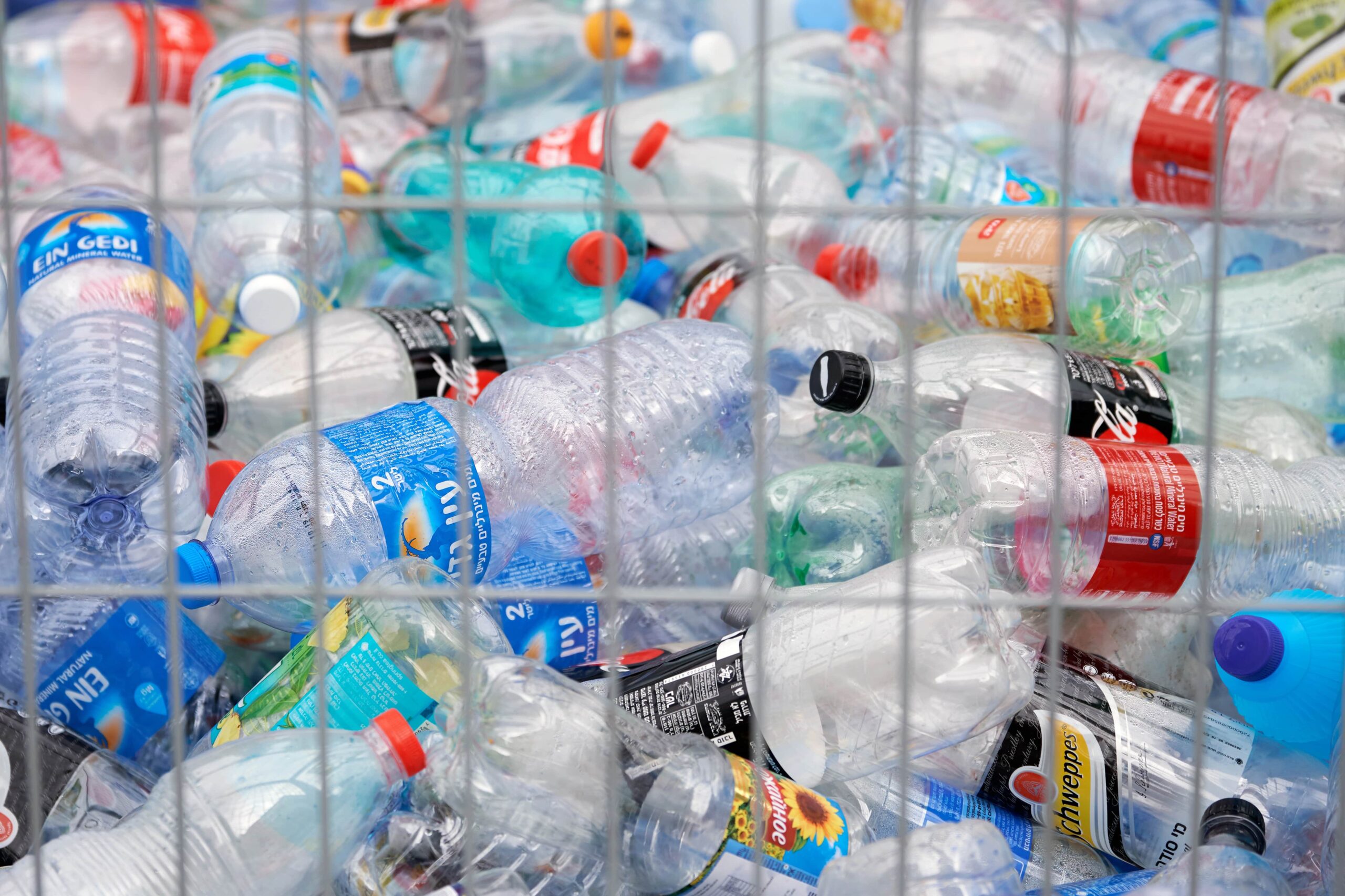In an innovative twist on recycling, scientists have coaxed bacteria into converting discarded plastic bottles into paracetamol, the active ingredient in widely used painkillers. Using genetically modified Escherichia coli bacteria, researchers have demonstrated a promising pathway to simultaneously tackle plastic pollution and reduce our dependence on fossil fuels.
“This is quite an exciting sort of starting point for plastic waste upcycling,” says Stephen Wallace, an engineering biologist at the University of Edinburgh, highlighting the transformative potential of the technological breakthrough.

Plastic Problems Meet Biochemical Solutions
Plastic waste has long posed severe environmental and health risks, prompting researchers to explore biological means of repurposing plastics into valuable substances. By merging natural processes with chemical reactions that cells don’t naturally perform, Wallace’s team has navigated previously unexplored biochemical territory. “Nature [is doing] chemistry that it’s never evolved to do before,” Wallace explains.
The Bacterial Workhorse: Modified E. coli
The researchers engineered E. coli bacteria to carry out a specific chemical reaction known as the Lossen rearrangement—a process typically outside the realm of natural biology. They began by modifying the bacteria so that they could not produce a crucial molecule called para-aminobenzoic acid (PABA), which is vital for their survival and an essential precursor to folic acid.
The scientists then introduced the bacteria to a chemical that could transform into PABA, but only through the Lossen rearrangement. The bacteria survived, confirming the successful occurrence of this novel reaction. The research report was published in Nature Chemistry.
From Bottle to Beneficial Drug
Taking their experiment a step further, the team chemically deconstructed polyethylene terephthalate (PET)—the main component of many plastic bottles—to produce the necessary starting compound. Remarkably, the engineered E. coli thrived again, efficiently converting this plastic-derived compound into PABA.
But the researchers didn’t stop there. By adding further genetic instructions, the bacteria transformed the PABA into paracetamol. Within just 48 hours, an impressive 92 percent of the plastic-derived material was converted into the pain-relieving medication. Since most paracetamol production currently relies on fossil fuels, this bacterial method presents a promising, sustainable alternative.
Challenges and Opportunities for Scaling Up
While this breakthrough is compelling, there are hurdles to overcome before it reaches industrial scales. Dylan Domaille, a chemist at the Colorado School of Mines, points out that the chemical process used to break down PET plastic bottles is challenging to scale industrially. Nonetheless, demonstrating the feasibility of converting plastic waste into valuable drugs may inspire researchers to refine more scalable and sustainable decomposition methods.
Venkatesh Balan, a biotechnologist at the University of Houston, proposes an ambitious future direction: engineering a single microorganism capable of both directly breaking down plastic waste and converting it into medically valuable products. While acknowledging the complexity of such an endeavor, he views the current research as a vital starting point, noting that “This fundamental study will be a stepping stone in the right direction.”
A Bright Note for Sustainability
The discovery that bacteria can effectively upcycle plastic waste into crucial medications marks a significant advance in sustainable chemistry and biotechnology. Wallace and his colleagues have illuminated a promising path forward—one where harmful waste is transformed into healing compounds, reducing environmental harm and dependence on nonrenewable resources.
This pioneering research offers hope that with continued innovation, microbes could play a pivotal role in reshaping industries, medicine and environmental health, turning what was once discarded into life-enhancing solutions.
Did you enjoy this blog post? Check out our other blog posts as well as related topics on our Webinar page.
QPS is a GLP- and GCP-compliant contract research organization (CRO) delivering the highest grade of discovery, preclinical, and clinical drug research development services. Since 1995, it has grown from a tiny bioanalysis shop to a full-service CRO with 1,200+ employees in the US, Europe, Asia, India and Australia. Today, QPS offers expanded pharmaceutical contract R&D services with special expertise in pharmacology, DMPK, toxicology, bioanalysis, translational medicine, cell therapy (including PBMCs, leukopaks and cell therapy products), clinical trial units and clinical research services. An award-winning leader focused on bioanalytics and clinical trials, QPS is known for proven quality standards, technical expertise, a flexible approach to research, client satisfaction and turnkey laboratories and facilities. Through continual enhancements in capacities and resources, QPS stands tall in its commitment to delivering superior quality, skilled performance and trusted service to its valued customers. For more information, visit www.qps.com or email info@qps.com.




